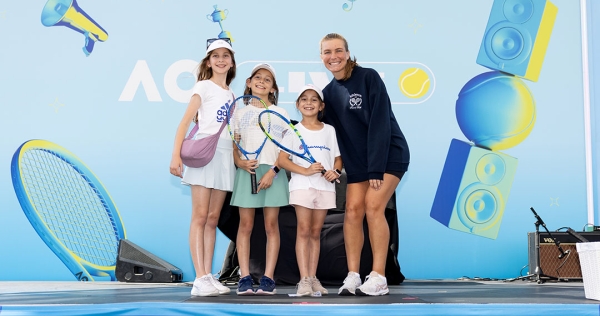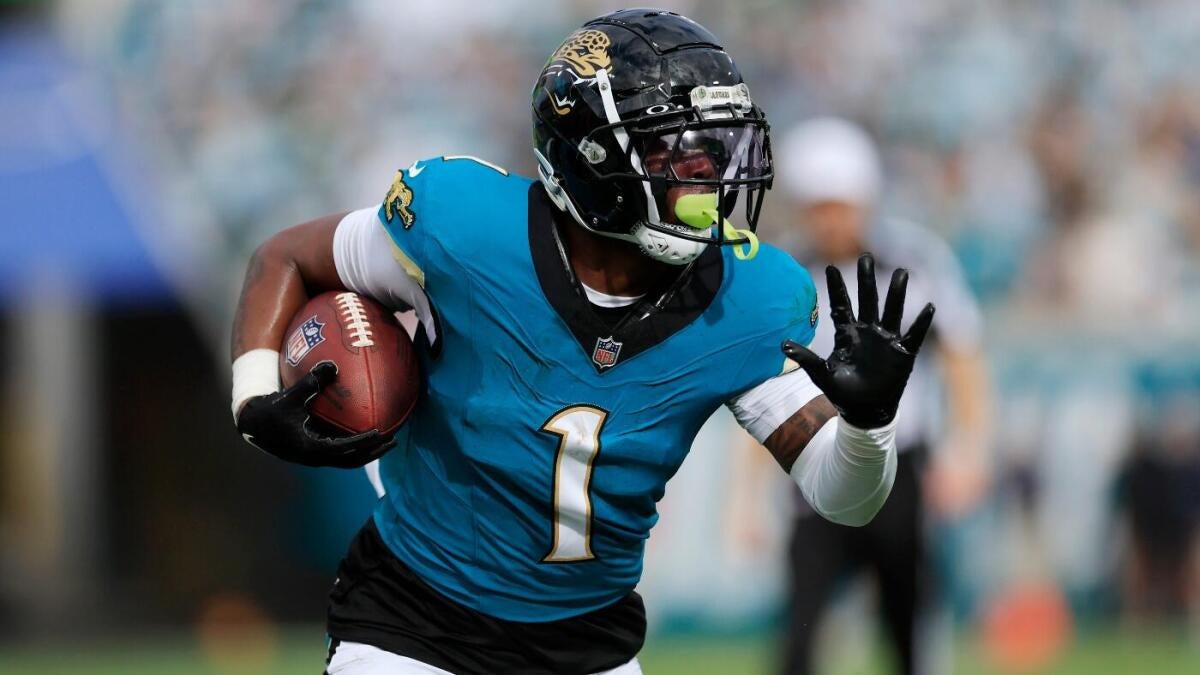Genius Marc Marquez has reached his apotheosis - savour this comeback

The Spaniard has trounced the rest, as most expected him to when he signed for the factory Ducati team for the 2025 and 2026 seasons after that year with Gresini. Even before Sunday’s Indonesian Grand Prix, with another four races to come, he has broken MotoGP records for the most points won in a season (541), the oldest man to win the championship (32), the longest gap between first and last titles (12 years), the highest win percentage (almost 75) in a season.He has done all this in the most idiosyncratic style and no other sporting great has hits the heights and depths so regularly, so dramatically. As if showing us a career in microcosm, Márquez followed his title turn by crashing twice in practice on Friday at the Indonesian Grand Prix. Then the champ fell on the first lap in Sunday’s race, won by Fermín Aldeguer. Early reports suggested he needed more surgery on a fractured shoulder, vividly highlighting in eight days how he has spent a life balancing risk and reward.All of this must be seen through the prism of the crash at the Spanish Grand Prix five years ago when he was violently catapulted over the handlebars and broke his arm.He rushed back, as racers do, and wrecked himself again. In and out of hospital, the most intricate operation came two years later when his arm was cut open and the humerus was rotated 30 degrees. Another year on and he had his forearm sliced open to cure arm pump, the debilitating biker’s blight caused by relentless gripping.Not long before that fall, I visited him at home in Cervera, a dusty town with a Márquez museum 50 miles from Barcelona, and he explained his acceptance of knowing his exhilarating pursuit of success would inevitably cause pain, maybe worse. “I don’t count crashes, and I don’t care,” he said with understated machismo. “The only time I was scared was when I crashed at Mugello in 2013 at 300kph (he actually lost control at 338kph or 209mph). I jumped off and was going to the wall. I was scared then and that gave me a kind of respect; that weekend I was always closing the gas. I didn’t think I was, but my body was doing it anyway.”Last week, as he reflected on a life in racing and a comeback to cherish, he explained how he had changed. “Before it was just by talent and instinct,” he said. “Then I got into a fight against me, when Marc says stop, when Marc says continue.” He says the more optimistic Marc won out, telling him: “You took the correct decision, and you can fight, you can change the future.” The decision to leave all-conquering Honda to find himself at Gresini was the maverick’s last role of the dice. “For that reason, I’m at peace, but that doesn’t mean the ambition changes.”His brother Alex, three years younger, is a huge talent but will never be as good. A champion in the support classes, Moto2 and Moto3, he is second in the championship this year. His big brother once told me the one person he had qualms about duelling with at mind-boggling speed was Alex, while Márquez Jr has confirmed how his sibling became a different person as he sank into the black funk of a black-flagged career.“Alex is completely right,” he admitted on a video call. “Maybe I lost some years of my career with that injury, but it taught me many things about my personal life. My character changed, not in the way I enjoy things but the way I approach them, the problems, the targets. I used to think ‘nothing to lose’. I try to think a bit more now.“If I need to say one name who helped me it was Alex, sometimes directly, sometimes [in ways] he didn’t know, the fact he was racing when I was at home, so I never felt disconnected from MotoGP.”When you are as good as Márquez and possess an almost reckless approach to risk-taking, you break bones, ruffle feathers and scrape leathers. This year some have peddled the motorsport trope that he had preferential treatment to team-mate Francesco Bagnaia. As Bagnaia is an Italian riding for an Italian factory, the fans’ favourite has not always been Márquez. “It’s bullshit, just bullshit,” he said. “Just enjoy the motorbikes. One year will be one rider, one year another. This is racing. In the end we must enjoy the show. It’s competition and the competition is what creates adrenaline, and adrenaline is what people want to see.”Sportspeople are not normally the best purveyors of perspective. They are necessarily blinkered, especially in such a dangerous genre, but Márquez stands alongside greats like Valentino Rossi, that rebel master of mischief who straddled the line between Jackass and Marlon Brando in The Wild Ones. I once arrived for an interview with Rossi and he was reading a Johnny Cash interview, telling me he had cried when he watched the biopic Walk the Line. On another occasion I was roped into a football match against Rossi’s team. The kick-off was midnight on the eve of the Italian Grand Prix. He scored twice. He was wild and brilliant, and I miss hearing his race analysis: “Feck, so I arrive first.”Rossi, 46, who used to call Márquez “piccolo bastardo”, is also a mentor to Bagnaia. The Italian achieved 89 wins in the elite class over a 17-year-period; Márquez has 73 in 12. Both have seven MotoGP world titles (technically one of Rossi’s came when it was the 500cc championship). Prior to this weekend, in all GP classes, Márquez had 99 wins to Rossi’s 115 and Giacomo Agostini’s 122.Ah, “Ago”. Agostini, 83, had eight 500cc titles and another seven on 350cc bikes. He once invited me to his villa high on a hill in Bergamo. The 1960s and 1970s, when he raced, were different. “In our era people were killed almost every week,” he told me. “Once it was snowing and the organisers said, ‘Go!’ We said, ‘It’s snowing, people are dying’, but they didn’t care. We would think, ‘Maybe this is our last race.’ That messes up your insides.”Flamboyant charmer, too, he dined with Gina Lollobrigida and Imelda Marcos, and told me: “One time a husband accompanied his wife to a dinner with me, and he waited in the bar while…”I ask Mat Oxley, the best of all motorcycle scribes to this mind, for his assessment. He has written a biography of Rossi and has just finished one on Márquez, so is well-placed to judge.He tells me: “The cornerstone of Marc’s riding talent is that he can slide the front tyre, whereas most riders crash when they slide the front tyre. He can do this because he has some kind of supernatural feel, has incredibly quick reactions and uses his elbows for outriggers. His intellect is also very special — he is always thinking ahead of the other riders, like he has a seventh gear in his brain while everyone else has six.“Then there’s his bravery. He crashes a lot in practice because that is the fastest way to find the limit. Then his engineers can work to raise the bike’s limit some more. And his determination is off the scale — no-one else has come back to the top after four years in injury hell. I think he beats Rossi and Agostini on all four of these metrics.”Peerless, precarious, the feast of blurry ups and downs always has room for another course. His season may be over but there won’t be a more remarkable sporting comeback this year.








